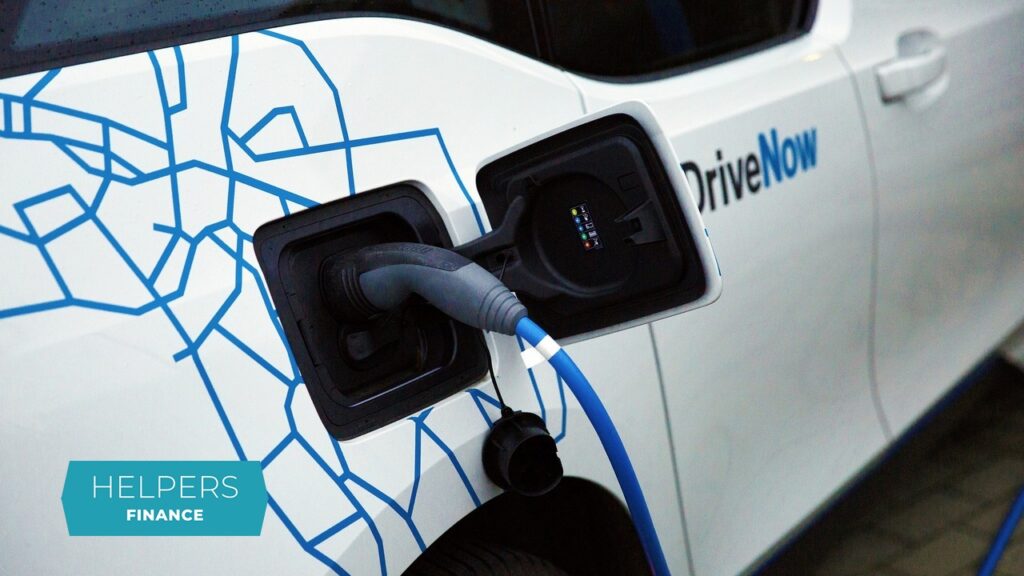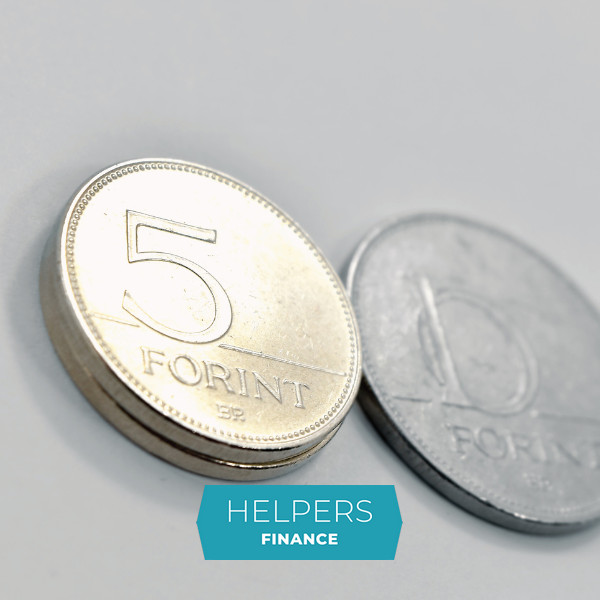
EU to introduce extra import taxes on Chinese electric vehicles
As China heavily subsidizes the manufacture of electric vehicles, it creates a fierce competition to EVs manufactured in Europe. To level the playing field, the EU is introducing significant import taxes on the import of Chinese EVs starting from November 2024.
As China heavily subsidizes the manufacture of electric vehicles, it creates a fierce competition to EVs manufactured in Europe. To level the playing field, the EU is introducing significant import taxes on the import of Chinese EVs starting from November 2024.
New levies on Chinese Electric vehicles
Currently, the EU imposes a 10% levy on the import of any kind of vehicles originating from outside the EU. Starting from November 2024, this will be complemented by an additional, punitive levy (basically an extra import tax) on Chinese electric vehicles, depending on the brand.
- Tesla (for cars manufactured in China): 7.8%
- BYD: 17%
- Geely: 18.8%
- SAIC: 35.3%
The punitive levies were determined based on the investigation the European Commission conducted at the Chinese manufacturers. Beside the above, manufacturers that were cooperative during the investigation are charged lower (around 20%), while those that did not cooperate are charged higher (the highest is 35.3%).
As a result, the new tax on the import of electric vehicles from China may be up to 45.3%, depending on the brand. The taxes are to be collected by the importing countries, and they will be shared by the local and the European budget.
Finalizing the regulation
The new regulation will come into force starting from November. Until then, further negotiations are expected between China and the EU, and additional details are to be determined.
Once in force, the regulation will remain effective for 5 years. The situation will be reviewed them, and further action will be determined accordingly.
Conflicting interests
The idea of punitive levies arouse because China supports the manufacture of electric vehicles with heavy subsidies. As a result, Chinese electric vehicles can be sold to the EU at a lower price than cars manufactured locally, even after the 10% import duty has been applied. This puts locally manufactured electric vehicles at a serious disadvantage, which is to be remedied by the new tariffs.
The vote on the new regulation was far from unanimous. Hungary was among the opposition, since the Hungarian industry is a provider for the Chinese EV industry. Germany also opposed the plan, mostly because China is a prominent market of German products. China might retaliate against the new tariffs by introducing heavy tariffs on EU import, which would harm German interests.
The punitive levies and China’s response will have an impact on global economy. China’s next step may also depend on the results of the presidential elections coming up early November in the U.S. Some analysts worry that a trade war will start, which would impact everyone negatively in the long run.
Helpers Finance at your disposal
Whatever results the increased levies on Chinese electric vehicles will bring, Helpers Finance will be here to support your Hungarian business with precise accounting and up-to-date reports so you can make informed decisions and make your business a success in Hungary.
We focus on small and medium-sized businesses with foreign owners, providing assistance tailored to the needs of businesspeople who are new to the Hungarian administrative environment. We would be happy to help you too.
Did you like this article? Follow us on Facebook and never miss an update.
Contact
Get in touch today
Monday - Friday
9am - 5pm CET
Helpers Finance Kft.
Budapart Gate
Dombóvári út 27
Budapest 1117, Hungary
If you’re visiting us, please use entrance A and come to the 2nd floor.



